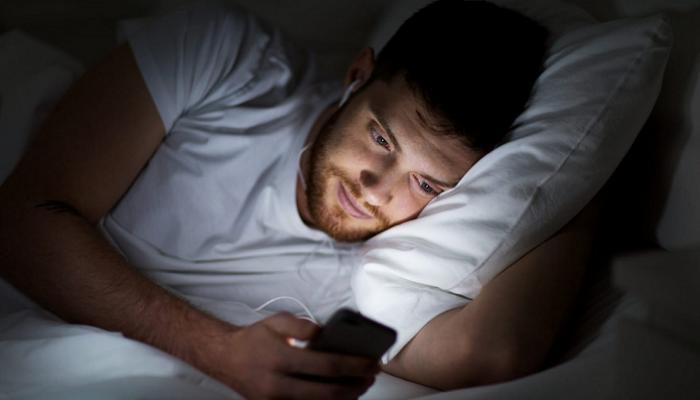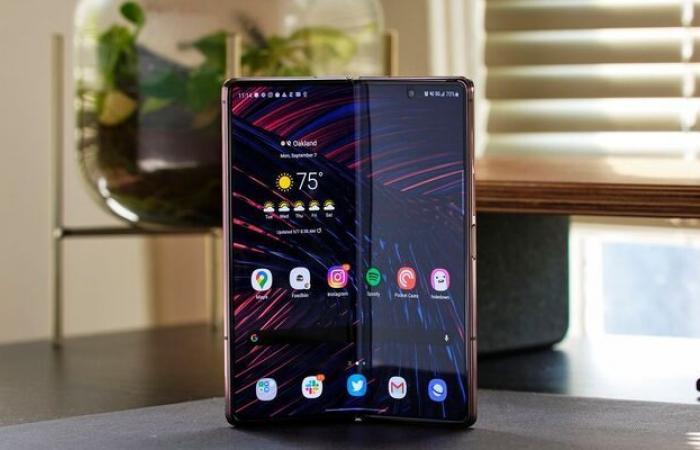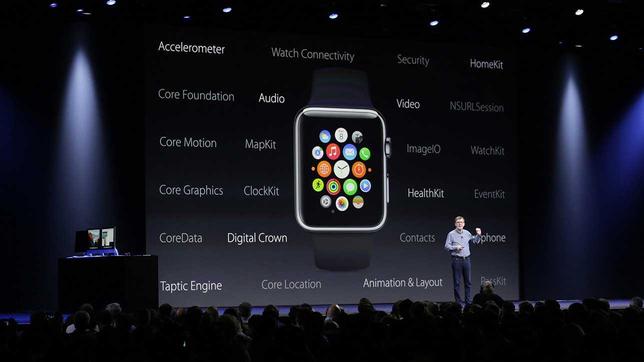Screen before bed is not harmful .. It is about the way they are used
A decrease font size.A Reset Font Size.A Increase FONT SIZE.
The heart of a recent search is the prevailing belief that watching screens before bed negatively affects its quality or duration.
The results of a new study have revealed that some people may have already obtained more comfort by following something before bed, depending on how they use certain digital devices,
The study, which was published in the Journal of Sleep Research, added, according to the news of the new Atlas website, that the prevailing belief, as many studies, were calling for separation from all screens before going to bed, because they disrupt sleep patterns, but they concluded that the spread of devicesWide makes people refrain from using screens illogical.
Reservations on the previous results
It also tried to extract some of the different ways that the media used at or before bedtime and how it affects its quality
In the details, 58 adults participated in the research assigned to self -reporting about the use of their media before an hour of sleep every night, in addition to the type of media that they were using, whether it was television, podcast or book.
7 signs that you suffer from a lack of sleep
The participants also blocked their place of use of the media in bed, for example, or in the living room, and whether they are doing multiple tasks during their use, such as moving between their phones and television, for example.

The researchers also trained the group on the use of EEG electrical planning device at home, allowing more detailed ideas about sleep quality, unlike many previous studies that relied on self -reported sleep standards.
Sleep quality was not affected
The researcher in the study, Lindsay Han of the University.
So instead of looking at the active interaction with the devices, this research was interested in whether the negative viewing or listening to something immediately before bed disrupts the quality of sleep.
The researchers discovered that the quality of sleep, as measured by the readings of the Electrical Plan, which follows the total time in the fast eye movement and deep sleep, was not affected by the use of the media in the hour that preceded the sleep.
But the most expected thing is that researchers found that the total bedtime may have improved the use of media before bed, taking into account that sleep can improve or be damaged according to the type of media use.
They also concluded that watching TV shortly in bed improves the total sleep period, while the benefits were dispersed quickly when the use of media extended for long periods of time.
30 minutes before bed does not harm
The study also found that the use of social media for 30 minutes before bed had no effect on any standards of sleep quality compared to control conditions.
Sleeping on the sound of TV..Your health is in danger
It was also found that the quality of sleep can be improved more by relaxation and meditation before bed instead of using these platforms.
What about children?!
As for children, given the data of more than 50,000 children, it was found that there is a slight difference at the time of the total bedtime when comparing those who are mostly refrained from using the daily digital technology who spend about 8 hours a day in front of the screen.
In addition, the results showed that the relationship between sleep and the use of screens is very modest.
It is noteworthy that many studies conducted over the past decade have confirmed that watching the digital screen before bed can be linked to a lack of sleep.
Several research also covered the risk of using the digital or screen as one homogeneous activity, and it often ignored the exact and complex diversity of the methods in which digital media was already used,










